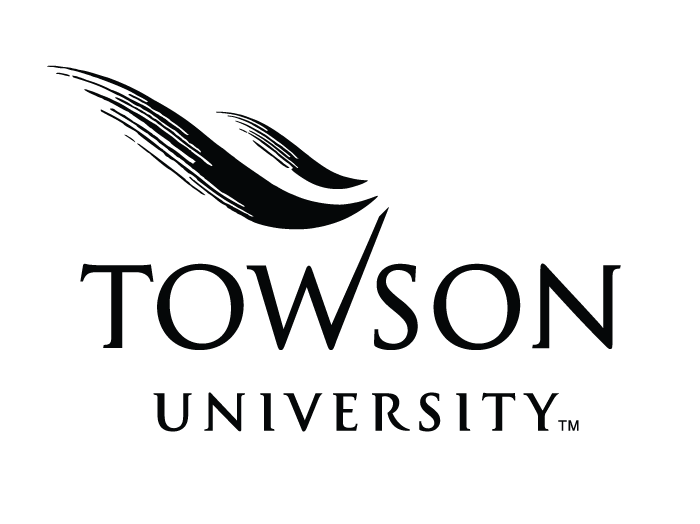Towson University Interim President Timothy Chandler last week addressed Maryland House and Senate education subcommittees on the need to focus on student success, no matter where their aptitudes stand when they are admitted.
Towson University offers instruction and intervention to help students gain ground in order to be successful at college academics if their math, reading or English skills fall below the levels needed to do well at the university level. For many years, catch-up instruction has been known as remedial education. Chandler believes perception is part of the obstacle to student achievement.
“If our real mission is student success, then it’s incredibly important that we don’t even use the word ‘remediation,’ that we get away from that deficit model,” Chandler told members of Budget and Taxation and Appropriations subcommittees on Feb. 16.
The idea is that, if a student knows that the university is encouraging him or her to do well rather than punishing the student for falling short, he or she is more motivated to succeed. Chandler emphasized the importance of meeting students where they are and giving them individualized attention, working from their level to bring them up to standard so that they can move forward.
Data presented at the subcommittee hearing showed that, for most four-year institutions, there is a 20 percent graduation gap between the students who perform at an average academic level upon admission and students who need additional instruction. At Towson, the gap is significantly lower.
“Our success rates have been remarkably high,” Chandler testified. “In fact, our graduation rates for any student who has taken a remedial course is almost exactly the same as the general population. And we believe that that’s largely to do with motivation and aspiration.”
Towson’s approach is to offer course credit for the classes that will lead students to the appropriate performance level, integrating that catch-up instruction with academic progression rather than focusing exclusively on catch-up. In addition, Chandler believes the focus should be on the student, not the course, which translates both to higher success rates and significantly less cost through the use of peer tutors, among other built-in resources.
According to the data, several factors may contribute to student preparation challenges: socioeconomic disadvantage, lower-performing school districts, financial need, and lack of access are among them. Misalignment between K-12 curriculum and higher education requirements can be another factor. Towson works to identify issues in a student’s aptitude that may not be reflected in high school grade point average or standardized test scores.
Related link:
Towson Advocacy Program Newsletter: Issue No. 5
